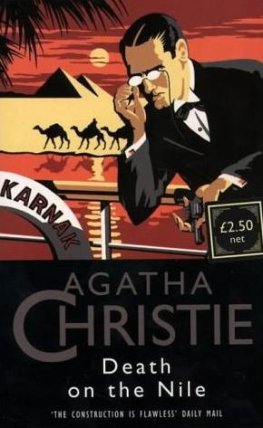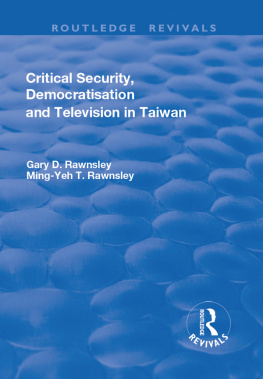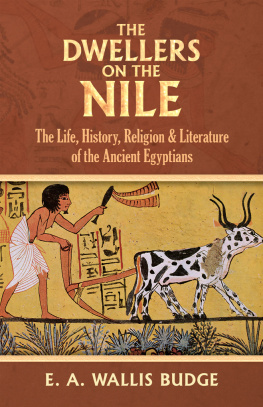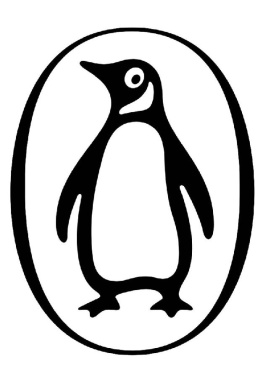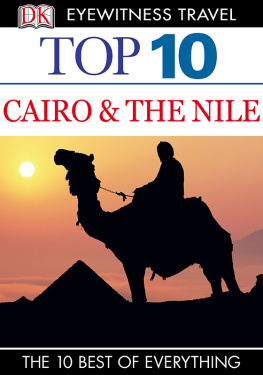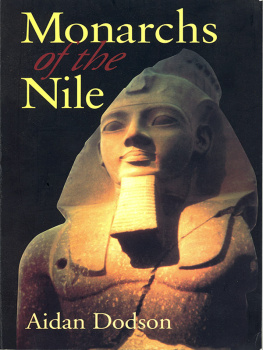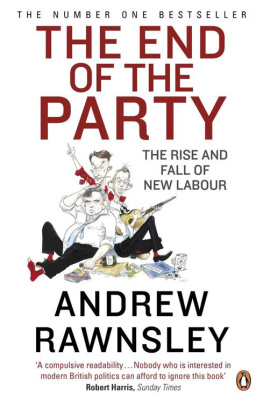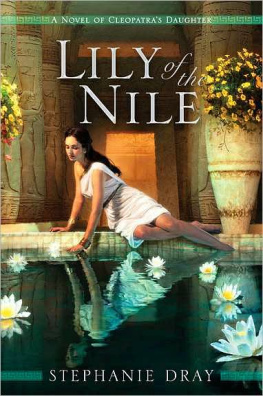First published in 1892 Heinemann.
This edition first published in 2009
by Routledge
2 Park Square, Milton Park, Abingdon, Oxon, OX14 4RN
Simultaneously published in the USA and Canada
by Routledge
711 Third Avenue, New York, NY 10017
Routledge is an imprint of the Taylor & Francis Group, an informa business
Heinemann 1892
First issued in paperback 2012
All rights reserved. No part of this book may be reprinted or reproduced or utilised in any form or by any electronic, mechanical, or other means, now known or hereafter invented, including photocopying and recording, or in any information storage or retrieval system, without permission in writing from the publishers.
British Library Cataloguing in Publication Data
A catalogue record for this book is available from the British Library
ISBN13: 978-0-7103-0983-9 (hbk)
ISBN13: 978-0-415-65576-7 (pbk)
Publishers Note
The publisher has gone to great lengths to ensure the quality of this reprint but points out that some imperfections in the original copies may be apparent. The publisher has made every effort to contact original copyright holders and would welcome correspondence from those they have been unable to trace.
TO
EMILE BRUGSCH
Who with such courage and care brought back the Pharaohs from the tomb, and to whom I personally owe thanksfor great kindness and courtesy, shown me bothat theBlkand Gzeh Museums,
AND TO
FLINDERS PETRIE
To whose genius for exploration Egyptologists to-day are so much indebted, in memory of an interesting visit to him at Mdm,
I DEDICATE THIS LITTLE BOOK
A RETURN TO EGYPT
There is a land where Timenocount can keep,
Where works of men imperishable seem;
Where through deaths barren solitude doth gleam
Undying hope for them that sow and reap:
Yea, land of life where death is but a deep
Warm slumber, a communicable dream,
Where from the silent grave far voices stream
Of those who tell their secrets in their sleep.
Land of the palm-tree and the pyramid,
Land of sweet waters from a mystic urn,
Land of sure rest where suns shine on for ever,
I left theein thy sands a heart was hid,
My life, my love, were cast upon thy river,
And, lo! to seek Osiris I return.
H. D. R.
THIS book ends with precepts for people in Egypt, from the oldest book in the world, B.C. 3666.
It shall begin with precepts for travellers in Egypt in the year A.D. 1892.
Three journeys to the East make one feel that guide-books are not sufficiently explicit as to such details as are here given, and this must be my apology for venturing to give the following bits of advice.
1. As to dress. Dress as you would in England in early summer, but take a good wrap: flannel shirts and flannel belt; mornings and evenings are often chilly. Wear boots rather than shoes, because there are such things as asps in Egypt; and brown rather than black, because of the heat. Cream for cleaning these boots, should be taken out from England, as it is not always procurable abroad, and if not used, the boots are soon spoiled by the dry hot sand. Canvas leggings for men, and a light serge skirt (walking length) for ladies, are advisable, because donkeys are dirty and tombs are dusty. Wear a sun helmet, or (better) a soft, grey felt Ide-awake, double thickness. Take a strong white English-made umbrella, lined with green or blue, and a pair of glassessmoked, not bluefor use when riding over desert-sand.
2. As to food, everything can be got in Cairo, except good English tea. On no pretext be induced to drink Nile water, when at anchor; avoid it at all times, unless boiled. The Nile is the drain of all Egypt. Dwellers on the banks of it know that it contains a parasite which is a troublesome customer, if it takes up its abode in the human body. Light claret and St. Galmier and other mineral waters can be obtained for you by Gaze or Cook. Never let flies settle on your face; they may bring ophthalmia. Use lotion at the first symptom.
3. Medicines. Pyretic saline, quinine, Dovers powder (these last in the form of pills), chlorodyne, a roll of plaster, lint, a bit of oil-silk, a box of mustard leaves, compound colocynth pills, an eye-douche and eye-lotion obtained in Cairo, are all that is necessary. For use amongst natives, a box of eye ointment (red oxide of mercury). Good doctors are at Luxor and on the Nile steamers; and in case of typhoid, most devoted nursing, with the best possible medical skill, can be obtained at the German Deaconesses Hospital in Cairo. If ill, do not stay in the hotel, but remove at once, under doctors orders, to the hospital.
4. Take a reel of magnesium wire; there is great difficulty in obtaining a satisfactory lamp for the continuous burning of magnesium wire. Procure a tin reflector, like a stable lantern, to hold five candles, with socket and long stick. This enables the traveller to see the more interesting drawings and sculptures, which are generally best preserved on the upper parts of tombs and temples.
Good writing and drawing materials, note-books, &c., are not obtainable in Cairo.
The little Kodak camera is very useful for instantaneous photographs of figures, &c.
5. Donkeys. In Cairo, engage and pay for your donkeys through the hotel porter. Examine for raw place under broad belt and under tail, before engaging. If you find a donkey falls, change him; he will do it again. On going up Nile, see the ladies saddles, and have them marked before leaving, or you may be put off with native-made instead of English-made saddles, which are often unusable, and the straps of which are generally rotten. See that your side-saddles, are not whisked off from your steamer, as you return, on to another steamer passing up.
6. Dragomen. However well recommended, never expect your dragoman to know anything about Egyptian history or the monuments up Nile. Go, knowing what you want to see, and insist on seeing it. Refuse to allow your dragoman to take a squeeze for you from any of the monuments. He is generally very ready to do so, and much damage has been done in this way.
In Cairo it will save you time and expense to engage a dragoman for the day. He knows the mosques best worth seeing, and can get all the necessary orders, and will easily save you his days pay at the bazaars.
7. In dealing with the people, treat them as gentlemen. The Eastern, who is always polite, appreciates this. He understands a joke also. One often escapes the importunity of those who ask for bakhsheesh by nodding, and saying with a smile, Bokra, which means To-morrow. Above all things, remember the religion of Muhammad is a real thing in Egypt. Show deference to religious belief and custom, and a becoming reverence when you enter any of their mosques. To avoid missing interesting scenes, ascertain the days of religious festivals.



